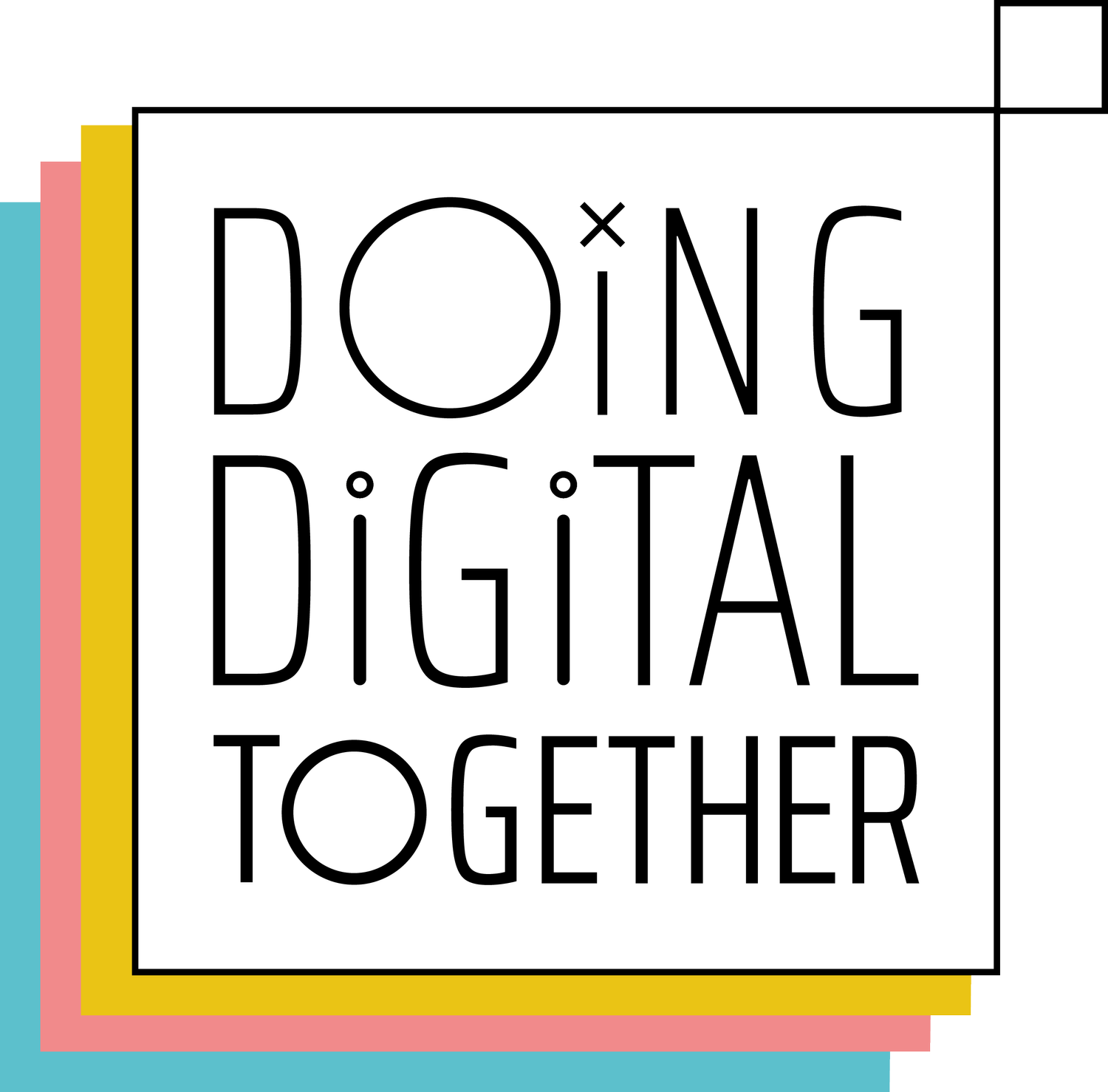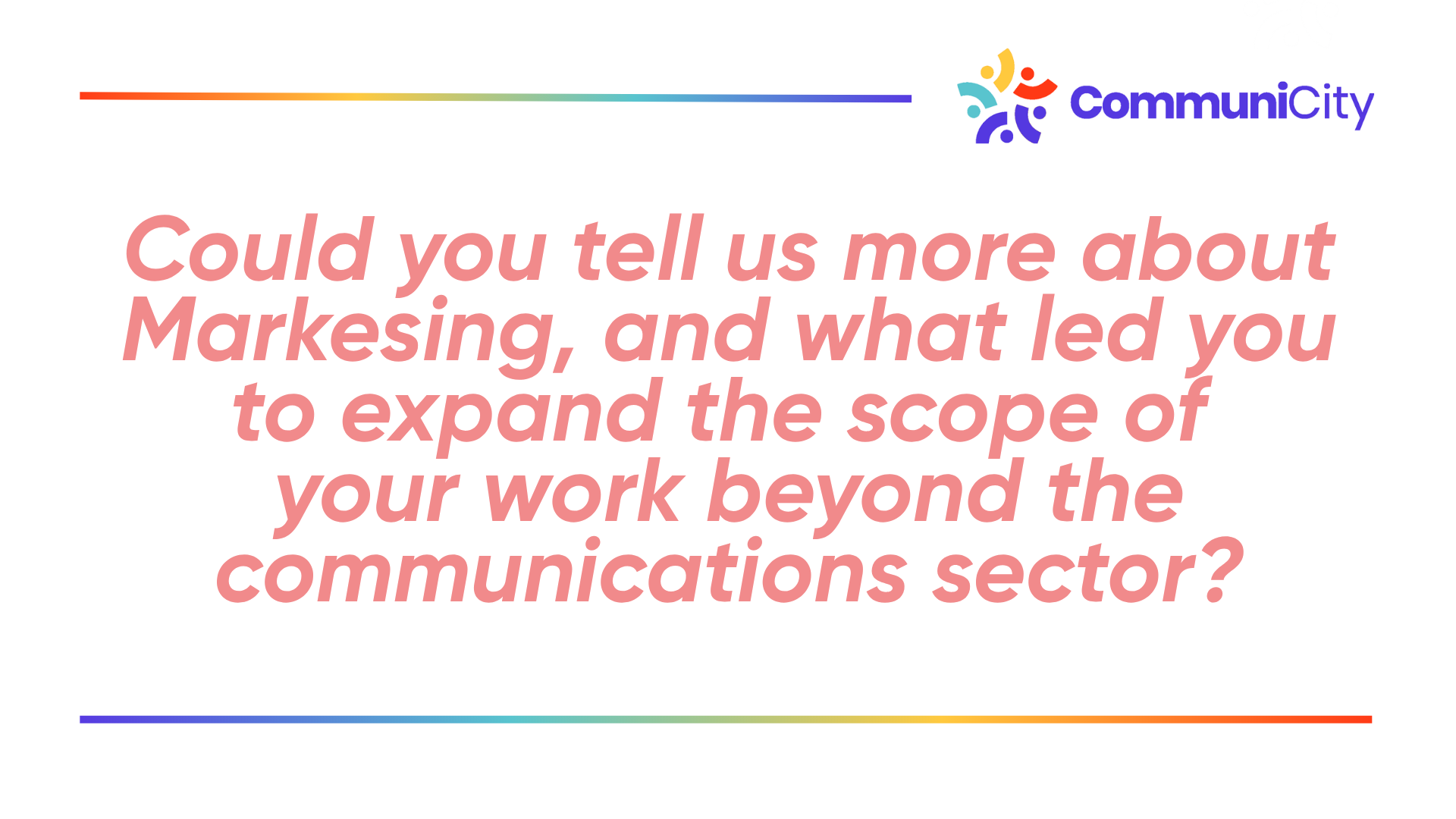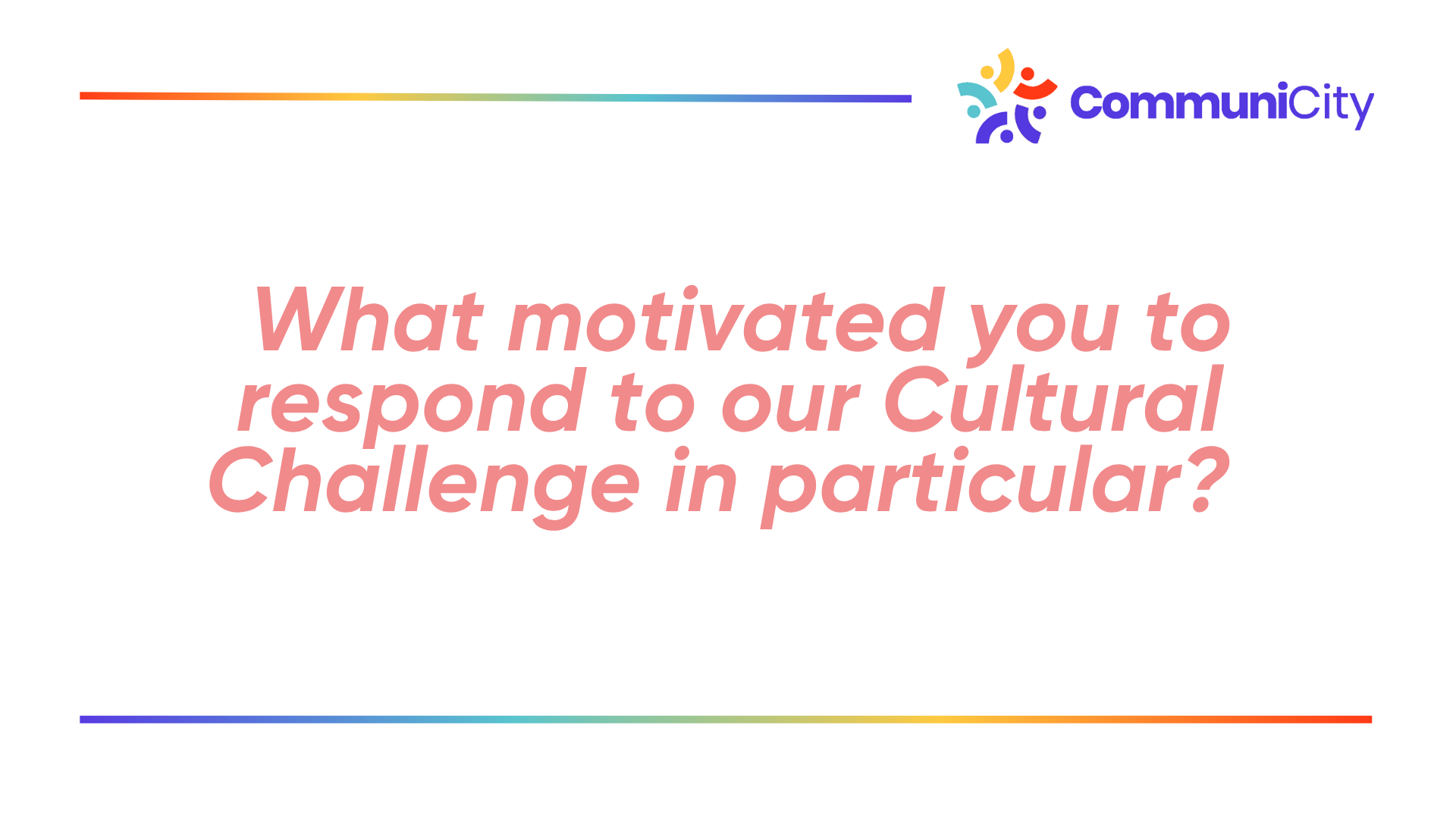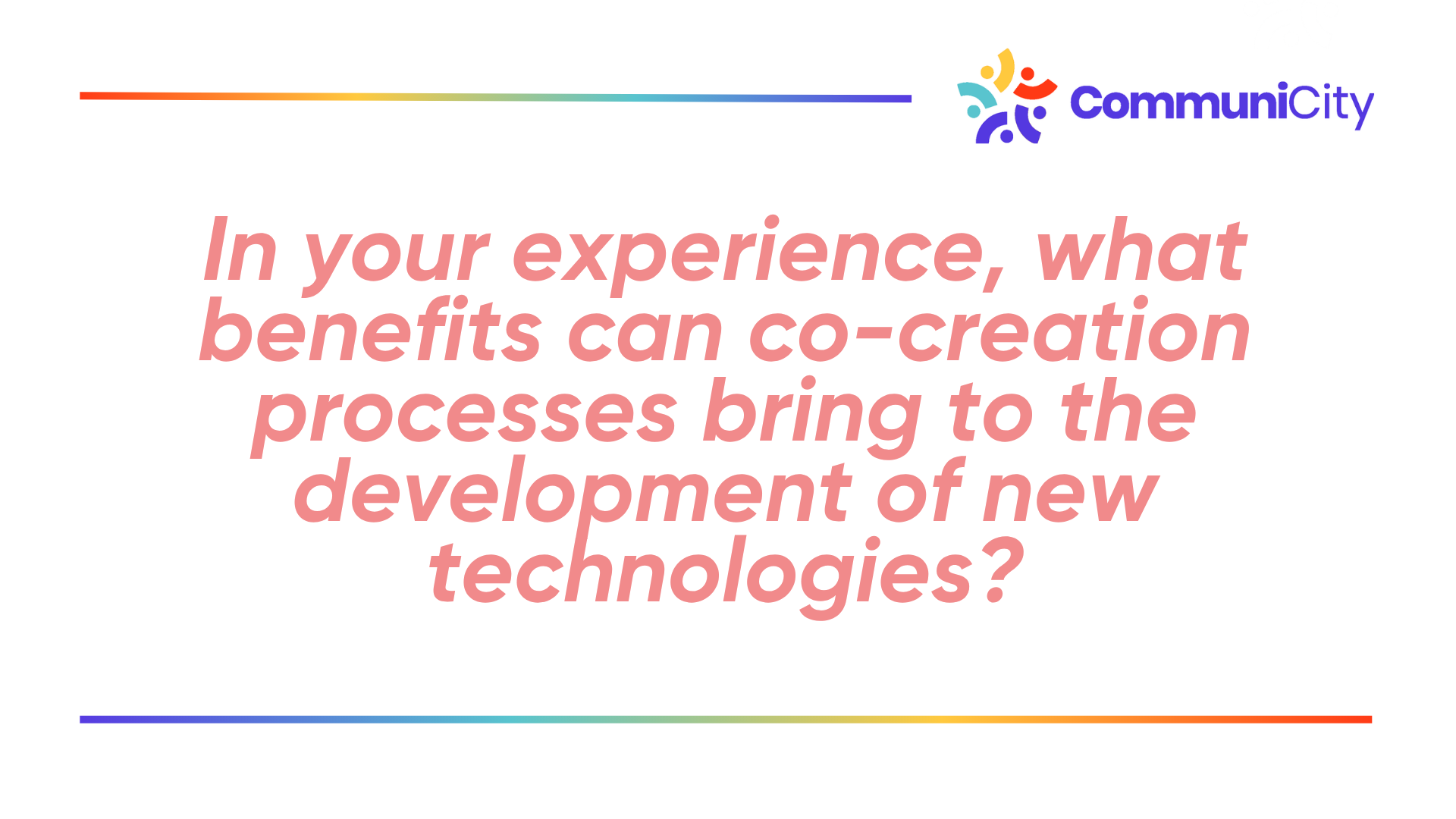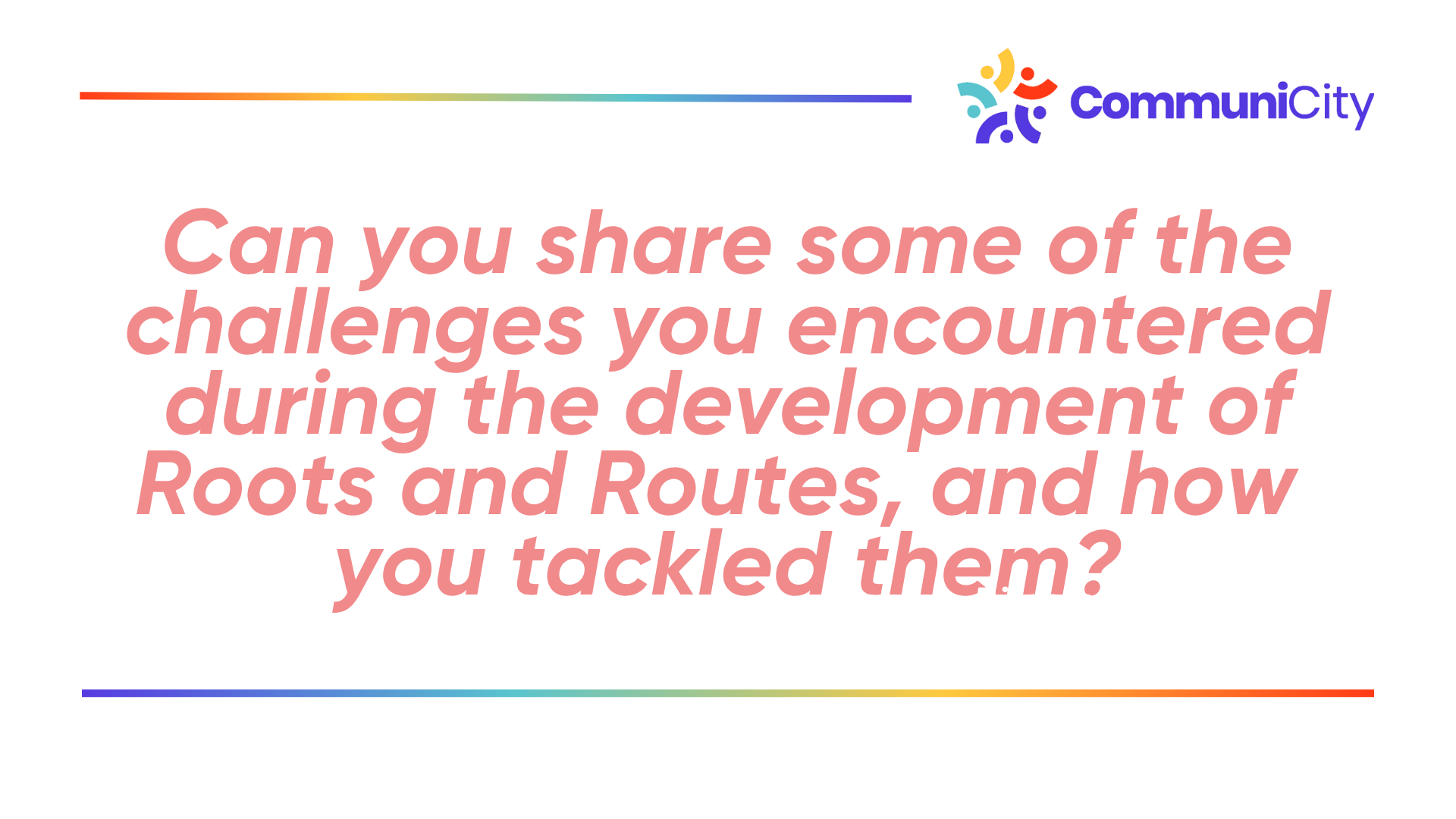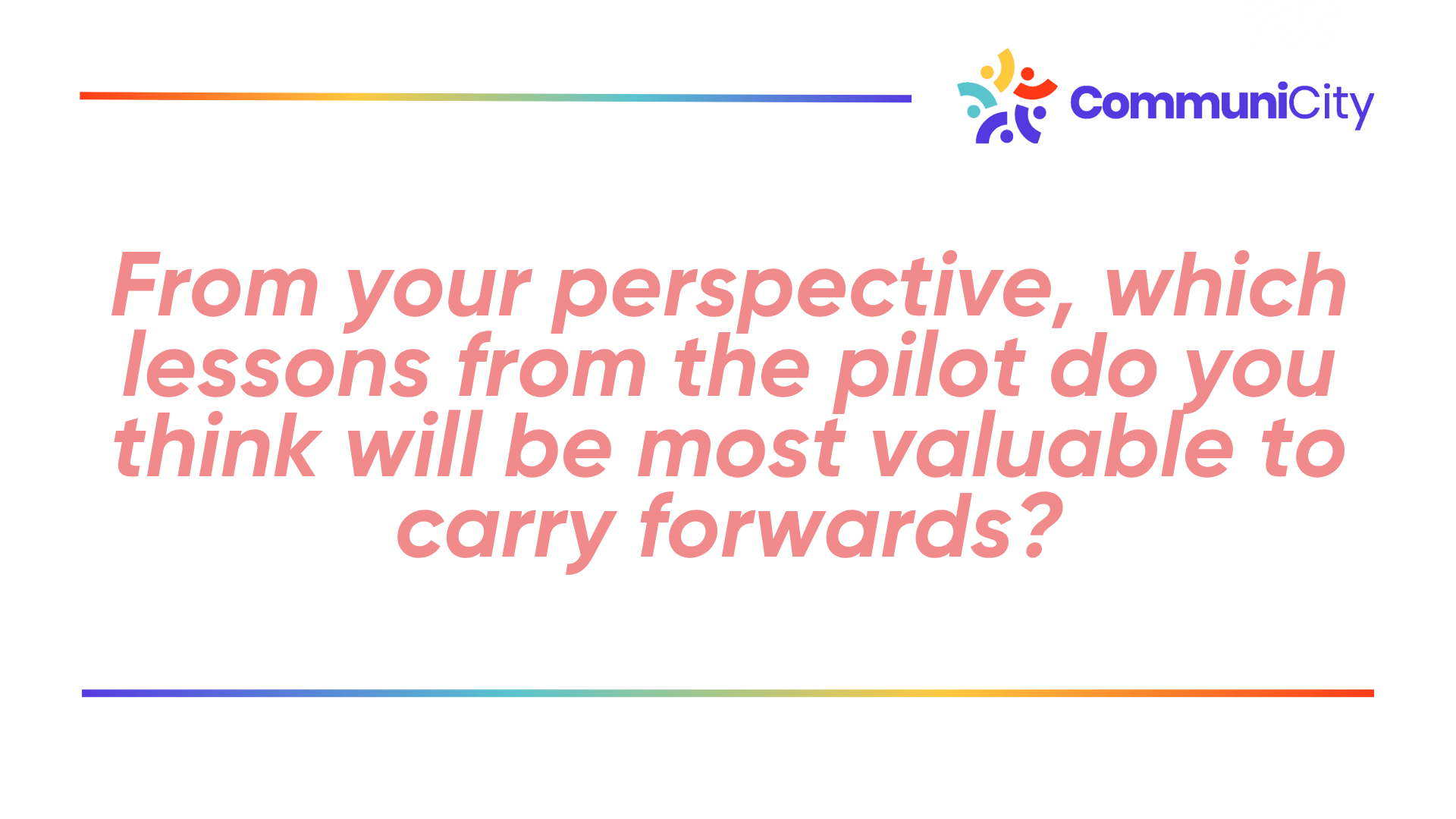Interviewing Alessandro Marchese
Alessandro Marchese is the Director of Markesing, a marketing and communications agency based in Sicily, committed to delivering projects with a strong social impact.
As part of the EU Horizon funded CommuniCity programme, we partnered with Alessandro to develop Roots and Routes, an AI powered web platform designed to promote more inclusive access to culture in Manchester.
Manchester’s Digital Strategy: Your company, Markesing, started life as a communications agency, but now tackles a much broader range of projects! Could you tell us more about Markesing, and what encouraged you to expand the scope of your work beyond the communications sector?
Alessandro Marchese: Markesing has always focused on projects with a strong social and cultural impact. From the beginning, our aim was not just to promote brands, but to tell meaningful stories that could make a difference. One early example was a poetry book written by a man who had lived on the streets of Catania for seven years. We helped create, publish, and distribute the book, and the proceeds allowed him to get off the streets and start a new life. This experience reinforced our belief in the power of storytelling and inspired us to expand our mission.
In recent years, we’ve become passionate about using technology to create positive social and cultural change. That’s how projects like Roots and Routes were born, in collaboration with the City of Manchester. We’ve also developed tools like EmpathyBot with Levvel and the City of Amsterdam, helping parents in high-conflict divorces communicate more effectively, especially for the wellbeing of their children.
MDS: Our first CommuniCity challenge centred on improving access to culture, especially for people from minoritised communities. What motivated you to respond to this challenge in particular?
AM: We were especially motivated by the idea of reducing barriers to essential services barriers that are often not just material, but also linguistic, cultural, and digital. Coming from a region in southern Italy where poverty and social exclusion are everyday realities, we understand how critical it is to create solutions that are accessible, inclusive, and easy to use. We also saw this challenge as an opportunity to explore how AI and intuitive digital platforms can empower people, not just manage them. The goal for us is always to put dignity first, designing tools that respond to real needs and support people in navigating complex systems with confidence and autonomy.
MDS: During the pilot, you facilitated two workshops with cultural providers and community organisations to inform the further development of Roots and Routes. In your experience, what benefits can co-creation processes bring to the development of new technologies?
AM: We facilitated two co-creation sessions during the pilot: one with Manchester City Council and local cultural event organisers, and another with the Bangladeshi community in Longsight, our main target group. Both were essential, but the session with the Bangladeshi community was particularly eye-opening. Designing a platform for a community with a different language, cultural framework, and worldview offered valuable insights and challenged us to truly listen. It wasn’t just about gathering feedback, it was about recognising shared values and adapting the technology accordingly. One of the most memorable parts of the workshop was the incredible food we shared. Moments like these are more than just meals, they’re a way of blending cultures, building trust, and experiencing community. Co-creation isn’t only about designing better tools, it’s about creating spaces where cultures can meet, exchange, and shape the process together. That spirit ultimately shaped the way we developed Roots and Routes.
MDS: Every pilot has some bumps along the way! Can you share some of the challenges you encountered during the development of Roots and Routes, and how you tackled them?
AM: Every pilot certainly has its challenges, and for Roots and Routes, one of the biggest was reaching and engaging the target community in the early stages. Building trust takes time, especially when working with communities that may have experienced exclusion or underrepresentation in the past. Initially, it was difficult to make direct contact with local residents and community leaders and we quickly understood that a digital platform alone wouldn't be enough. To overcome this, we partnered with Better We, a trusted local organisation already embedded in the Bangladeshi community in Longsight. Their support was essential in opening doors and creating the conditions for meaningful engagement. From there, we focused on building relationships through in-person meetings, workshops, and shared experiences. The process taught us that human connection is the foundation of any successful digital tool. Technology can only go so far, what really matters is the community behind it and the care taken to include them from the very beginning.
MDS: Insights from the pilot will help to shape the future of Loads to Do, Manchester City Council’s events platform. From your perspective, what lessons do you think will be most valuable to carry forwards?
AM: One of the key lessons from the Roots and Routes pilot is the importance of simplicity and flexibility in digital platforms. Many grassroots organisations operate with limited time and resources, so platforms must minimise administrative burden. The ability to quickly share events already published elsewhere, for example, was seen as a game-changer by many. Another valuable insight is the need for inclusive language and design. Many residents we spoke to felt excluded by unclear descriptions or overly complex registration processes. Offering multilingual support and using language that actively welcomes diverse audiences can make a big difference in how people engage with cultural content. Finally, we learned that early community involvement is essential. Co-creating with both providers and audiences ensures the platform reflects real needs and builds long-term trust. If Loads to Do can continue to embrace these principles, it can become not just a calendar of events, but a true gateway to cultural participation for everyone in Manchester.
